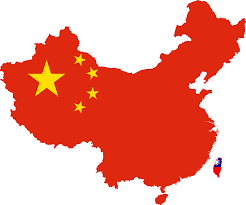Goldman Sachs Group Inc. has upgraded its outlook on Chinese stocks to an overweight status, aligning itself with other optimists who believe in the positive impact of Beijing’s recent stimulus efforts. According to a note from strategists, including Tim Moe, dated 5th October, China’s equity gauges may see an increase of 15% to 20% if policy measures are effectively implemented. The note also highlighted that current valuations remain below historical averages, and there is potential for improved earnings, while global investor positioning in Chinese markets remains relatively light.
The recent stimulus measures have increased market confidence that policy makers are now more determined to act decisively to reduce growth risks. This shift has led to upgrades from multiple Wall Street institutions, including HSBC Holdings Plc and BlackRock Inc., with expectations that the struggling Chinese stock market is finally recovering. The CSI 300 Index, which has rallied 27% from its low point in September, will be closely watched by traders as onshore markets reopen after the holiday to see if gains are sustained.
Goldman Sachs raised its target for the MSCI China Index and the CSI 300 Index to 84 and 4,600, respectively, which implies a potential total return of between 15% and 18% from current levels. Despite this optimism, Goldman also cautioned about certain challenges that might arise, such as a weaker-than-expected stimulus push, profit-taking, and external risks, including those related to the US elections and tariffs.
Last November Goldman had downgraded Hong Kong-listed Chinese equities, pointing to modest earnings growth. Since then, the relevant gauge remained largely flat until recently, when it rose by as much as 2.7% on Monday, signalling a potential shift in sentiment.
Fidelity China Special Situations PLC (LON:FCSS), the UK’s largest China Investment Trust, capitalises on Fidelity’s extensive, locally-based analyst team to find attractive opportunities in a market too big to ignore.

